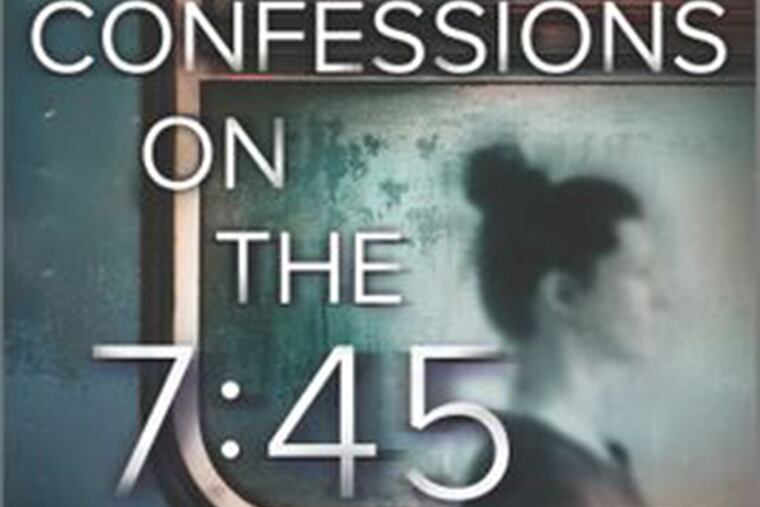Lisa Unger’s ‘Confessions on the 7:45’ takes readers for a ride | Book review
Unger’s propensity for constructing complicated, realistic characters in her 18 novels ratchets up another level here.

Confessions on the 7:45
By Lisa Unger
Park Row. 352 pp. $27.99
Reviewed by Oline H. Cogdill
You sit next to a stranger on a plane or a train and, before you know it, you are confiding an intimate secret or program. It seems the perfect confessional as neither of you ever plans to — or hopes to — see the other again. “Sometimes a stranger was the safest place in your life,” muses Selena Murphy, whose encounter with a stranger on a train leads to a vortex of pain.
Confessions on the 7:45 succinctly emerges as a gripping story about marriage, parenting, families, and revenge.
Barely making the 7:45 p.m. train home, Selena finds a seat next to a woman with whom she feels an instant connection. While the New York City commuter train is stalled, Selena and the woman, who says her name is Martha, begin to talk over mini bottles of vodka. Martha confesses that she is having an affair with her boss.
The need to talk, to tell somebody her secret has Selena saying that she suspects her husband, Graham, is sleeping with their nanny, Geneva Markson. In truth, Selena knows about the affair as she was just watching them on the hidden camera installed in their sons' playroom.
Firing the nanny should be the logical action, but, frankly, Selena values Geneva much more than she does her husband who, since he lost his job, has been unbearable. Geneva is well organized, caring, and a loving nanny to the Murphy boys, ages 5 and 7. A few days later, Geneva disappears. Selena then begins receiving text messages signed Martha “from the train,” though she knows she never gave the stranger her number.
Lisa Unger’s propensity for constructing complicated, realistic characters in her 18 novels ratchets up another level. Confessions on the 7:45 is filled with believable characters who embody “all the facets, all the glittering good folded in with the bad … even the worst among us might still be worthy of love.”
.
From the (Fort Lauderdale) Sun Sentinel.